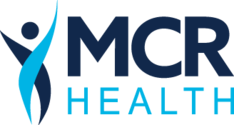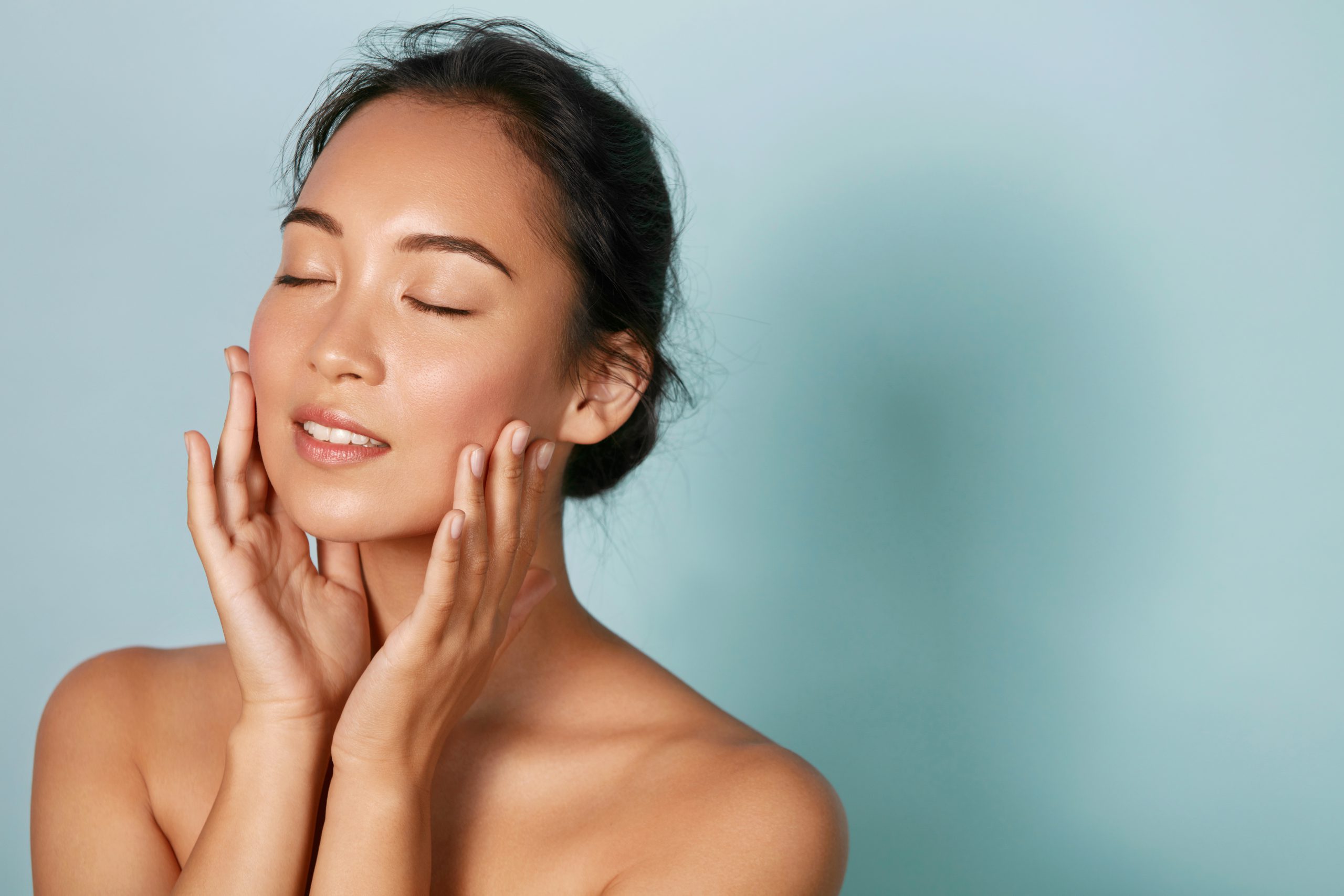Almost everyone suffers from acne at some point, and sadly the development of acne does not go away when puberty ends. Although a common issue for most people, acne and its severity will often vary from person to person.
But whether it’s a single pimple or several on the cheek, acne can make people feel embarrassed regardless of how prevalent it is. Thankfully, help is available.
By working with dermatologists, patients learn more about their condition and rediscover confidence. We sat down with some of our dermatologists and they shared some great tips about facial acne.
In this article we’ll help you discover a clear understanding about causes, preventative measures, and treatment options when it comes to cheek, chin, and forehead acne.
Common Types of Acne
Understanding what type of acne you have is the first step towards determining causes. This is best done by considering the characteristics of your acne as there are many unique characteristics that indicate what kind of chin, forehead, or cheek acne a patient is experiencing. Recognizing the different types of acne can help with treatment.
- Whiteheads and Blackheads: Whiteheads will have a flesh color while blackheads will have a darker tone compared to a patient’s skin tone. Also known as comedonal acne, or non-inflammatory acne, these two are easiest to treat because they’re close to the surface of the skin.
- Inflammatory Acne: This type of acne comes when whiteheads become irritated and inflamed. This is due to bacteria growing inside, which causes inflammatory acne to be painful and red. An example of this type of acne is papules.
- Cysts: When a pimple is deeper in the skin, it will look like a red bump that is bigger than the size of a blemish. This is known as cystic acne that will feel softer due to being filled with fluid.
- Nodules: A nodule is similar to a cyst located deeper in the skin layer. However, nodules are hard to touch while cysts will feel different.
Everyone experiences acne differently, and some people might only have a few blackheads while others may experience a severe breakout. Plus the type of skin you have might make you more prone to certain types of acne. To identify the best preventative measures for these types of acne, it is important to identify the causes.
Causes of Acne
There can be a variety of causes that contribute to acne depending on where it appears on the face. For example, forehead acne that appears close to the hairline might have a different cause than acne on the chin. Instead of covering up or not going out, addressing the internal or external cause of the breakout can help lead to effective treatment.
- Hormones: Acne is often associated with puberty and hormonal changes. The appearance of acne on the chin can be linked to a change in hormones, and changes in hormones can be a result of many things including diet and medication.
- Genetics: There has been some research that suggests the amount of acne someone may have could be inherited from their parents, in the form of oil glands or hair follicles.
- Stress: Just like hormones, stress is a chemical in the body that is linked to acne. More stress increases the odds of acne.
- Certain medications: Acne can be a side effect of some medications. One example of a medication that can have a side effect of acne is steroids.
- Clothing: Unlike the previous causes, clothing is an external cause of acne. For example, hats can often irritate the forehead causing acne.
- Hair products: Breakouts that happen close to the hairline could be a result of a buildup of hair products on the skin. An example of a hair product that could lead to acne is hair gel.
- Hygiene: Poor hygiene from not washing the face can lead to pores becoming dirty. Acne can also come from touching the face with dirty hands. Acne might appear on the cheeks from daily buildup from using phones, touching the face, and using pillows.
- Androgen hormones: Males sex hormones, or also known as androgen do play a role in the production of acne. This hormone plays a major role in the production of secretion of sebum.
Sebum production is most commonly responsible for forehead acne in particular. Sebaceous glands on the surface of the skin produce this oil. Through pores, this oil often gets to the surface of the skin, causing buildup which will result in acne.
Acne will be different for every patient, but understanding some probable causes can help make treatment easier. And even though treatment for acne looks different for everyone, the methods for preventing the frequency and abundance of acne are about the same!
Prevention
Although professional help from dermatologists is the best form of treatment, there are some common measures we can take to help prevent acne.
- Use face scrub to deep clean
- Avoid touching pimples
- Remove makeup before bed
- Wash your face after sport or any activity that causes sweat to build on the forehead
- Wash your hands regularly
- Avoid prolonged exposure to the sun
Methods like these can reduce forehead acne and other blemishes, which can enhance daily life by removing the worry of the appearance of the skin.
Working these routines into your daily life can reduce the severity of acne, but sometimes some skin conditions and acne just won’t go. Fortunately, our expert dermatologists are here to help. With their expert help, keeping your skin healthy can be easy.
We’re Here to Help
If you struggle with cheek, chin, or forehead acne, or any kind of skin condition, you can give your skin the care it deserves by scheduling an appointment today.
You can rely on our board-certified dermatologists to find treatments that work. We’ll walk you through additional information at your appointment and help you regain your confidence in no time, so contact us today!

